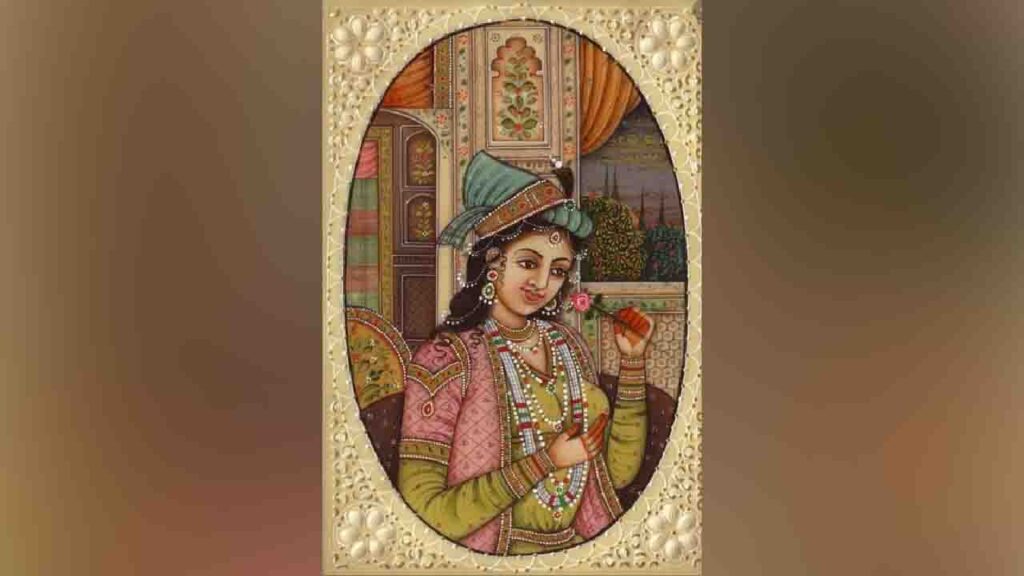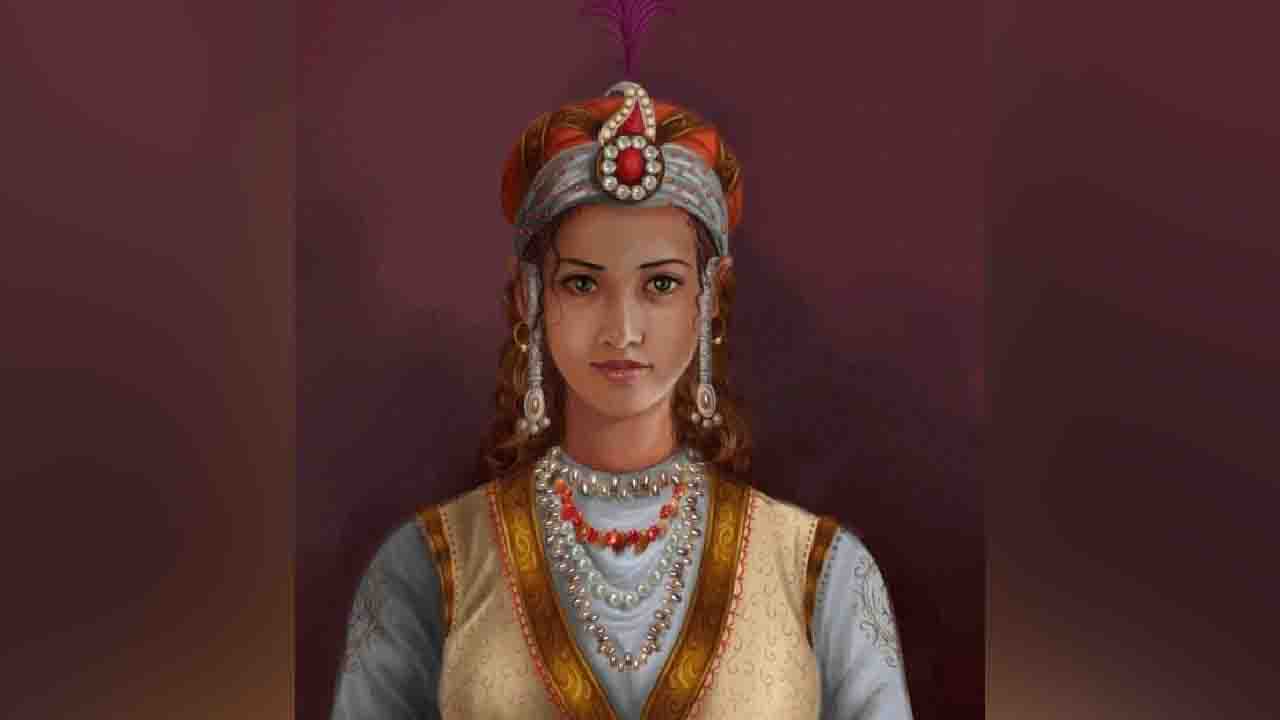Razia Sultan was a remarkable woman who defied gender norms and rose to power in mediaeval India. She became the first and only female ruler of the Delhi Sultanate, which controlled much of the Indian subcontinent in the 13th century.
Born in 1205 AD, Razia was the daughter of Sultan Iltutmish, who had ascended to the throne after the death of his predecessor and father-in-law, Qutubuddin Aibak. Razia’s mother was a former slave girl who had captured Iltutmish’s heart with her beauty and intelligence.
Despite the fact that Razia had several brothers, her father recognized her intelligence and abilities from an early age and decided to groom her as his successor. He ensured that she received an excellent education, including training in sword fighting and military strategy, which were traditionally considered male domains.
When Iltutmish died in 1236, he named Razia as his heir, bypassing his sons and other male relatives. This was a bold move in a patriarchal society that viewed women as inferior and unfit for political power. Nevertheless, Razia was determined to prove herself and won over her subjects with her intelligence, charisma, and ability to rule justly.
Razia’s reign was marked by numerous challenges, including rebellions by powerful nobles who resented being ruled by a woman. However, she was a skilled politician and military strategist, and managed to defeat her opponents and consolidate her power.
One of Razia’s most notable achievements was her military campaign against the neighbouring kingdom of Gujarat. She led her army into battle herself, clad in armor and wielding a sword, and emerged victorious against a much larger enemy force. This made her the first and only female ruler in Indian history to lead a military campaign in person.

Razia was also known for her liberal policies and support for the arts and culture. She abolished oppressive taxes and promoted religious tolerance, earning the admiration of her subjects regardless of their faith or social status. She patronised poets, musicians, and artists, and her court became a centre of learning and culture.
However, Razia’s rule was not without controversy. She faced criticism from conservative religious leaders who objected to her liberal policies and the fact that she had appointed several non-Muslims to high positions in her court. She also faced opposition from her own family members, including her brother Ruknuddin Firuz, who rebelled against her and briefly seized power.
In the end, Razia’s reign was cut short by treachery and betrayal. She was captured by a group of nobles who had rebelled against her, and was eventually killed in captivity in 1240.
Despite her tragic end, Razia Sultan remains a symbol of women’s empowerment and leadership in Indian history. Her legacy continues to inspire women around the world to break through gender barriers and fight for their rights and aspirations, regardless of the obstacles they face.











